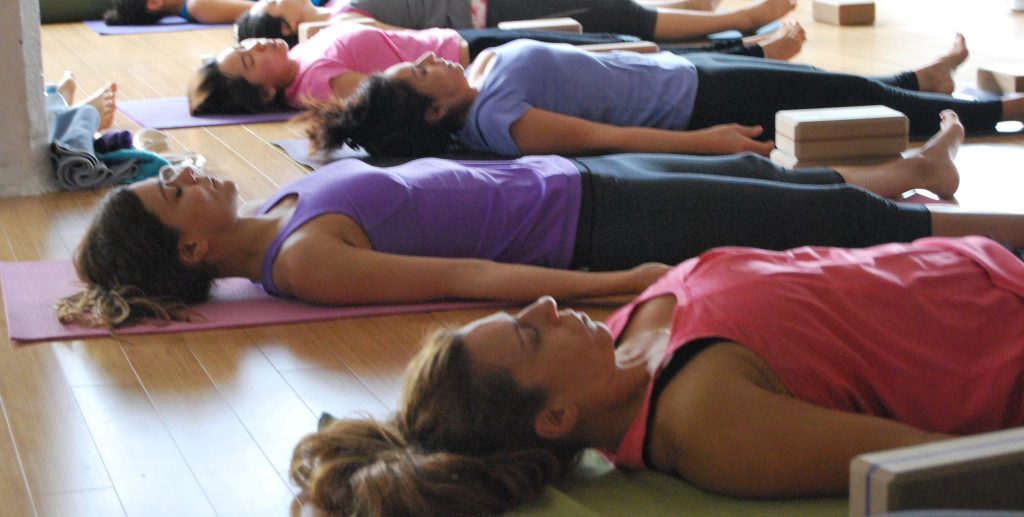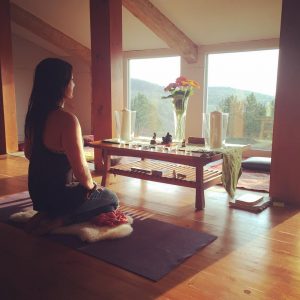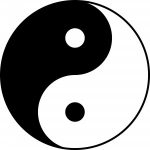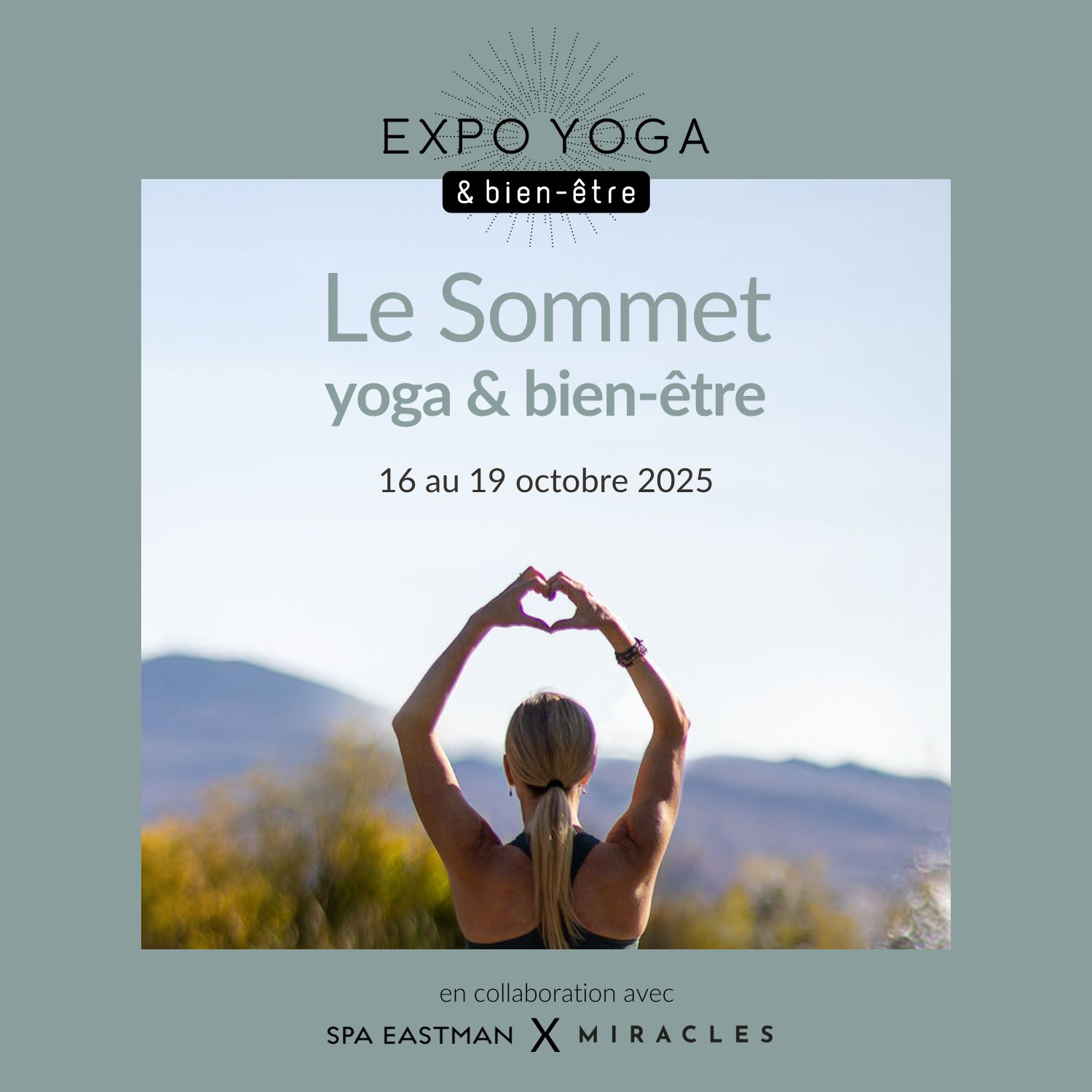Rest for Success

By Melanie Richards
People ask me why I’m so attracted to teaching Yin Yoga and the truth is, it’s because I need it. The messages I tell my students in class about letting go, relaxing and finding balance are the messages I need to hear. Like most of my students who grew up in a Western culture, I’m a product of a society that recognizes and rewards the “yang” qualities of high achievement – strength, vision, inner-fire, courage and drive – over “yin” qualities of passiveness, stillness, nurturing and rest.
I admire those who push their limits to achieve great things and I work hard myself at building a full and successful life by North American standards. However, as much as we need yang energy to do and achieve, so do we need yin energy to be and recharge, if we are going to be sincerely happy. In Chinese philosophy, the yin yang symbol (dark and bright) describes how seemingly opposing forces are actually complementary, interconnected, and interdependent in the natural world; yin and yang encompass balance and harmony in the universe and it’s impossible to have one without the other.

Practically speaking, if we don’t willingly and consciously invite a little yin into our busy life, it will invite itself in and will probably take the unwanted form of fatigue and lethargy, forcing us to slow down and find balance. If we keep ignoring it, eventually it will manifest as illness, panic, burnout or breakdown.
A truly successful life is a balanced life, one where we honour our yin side and take the time to chill out and enjoy the present moment. Plus, moments of respite are just as important to success as moments of intense growth – some of our best and most creative ideas come to us in the form of daydreams and we are far more productive and engaged when we are relaxed and rested. Practicing Yin Yoga – a still and quiet introspective practice of long-held, passive stretches that releases deep tension while cultivating mindfulness and relaxation – is a wonderful way to strike that balance.
The problem is that yin qualities are often interpreted as the shameful shadows of yang qualities, which might explain why it’s more socially acceptable to “power through” until we get sick rather than admit to “weakness” by taking an illness-preventing personal day, for example. For too long, we have deemed the opposite of strength and toughness to be weakness, instead of seeing it as the courage to be honest and vulnerable. If we aren’t constantly trying to outdo our last achievement, does it mean we are lazy? Or could it simply mean that for the moment we are content with what we have? We need to examine our yin language prejudices closely if we are to embrace the benefits that relaxation has to offer, without guilt.

One of the best-kept secrets of high achievers is that they are human and need rest, too. No matter how invincible they may seem, I guarantee you that they have a threshold where good stress turns into distress. Each and every one of us needs an introspective, calming, cooling and soothing yin “energy-in” practice, whether it takes the form of a Yin Yoga class, meditation, praying, napping with your cat, going to the spa or communing with nature.
Just outside our comfort zone is where we come alive; we have the opportunity to grow, expand and live exhilarating and unforgettable moments. And just like day turns to night and an exhale follows and inhale, the law of nature affirms that we must also rest and turn inward if we are to lead a balanced, happy and genuinely successful life.
Ressources:
https://en.wikipedia.org/wiki/Yin_and_yang
http://feng-shui.lovetoknow.com/Ying_Yang_Meaning
Images:
